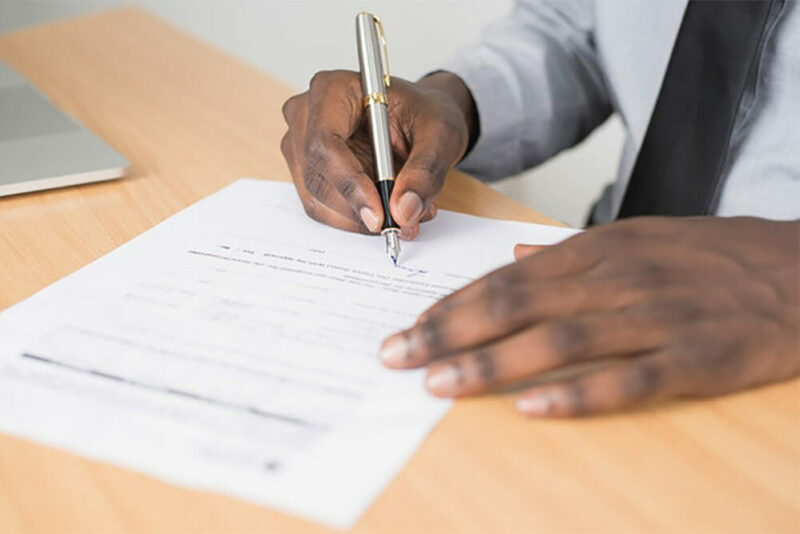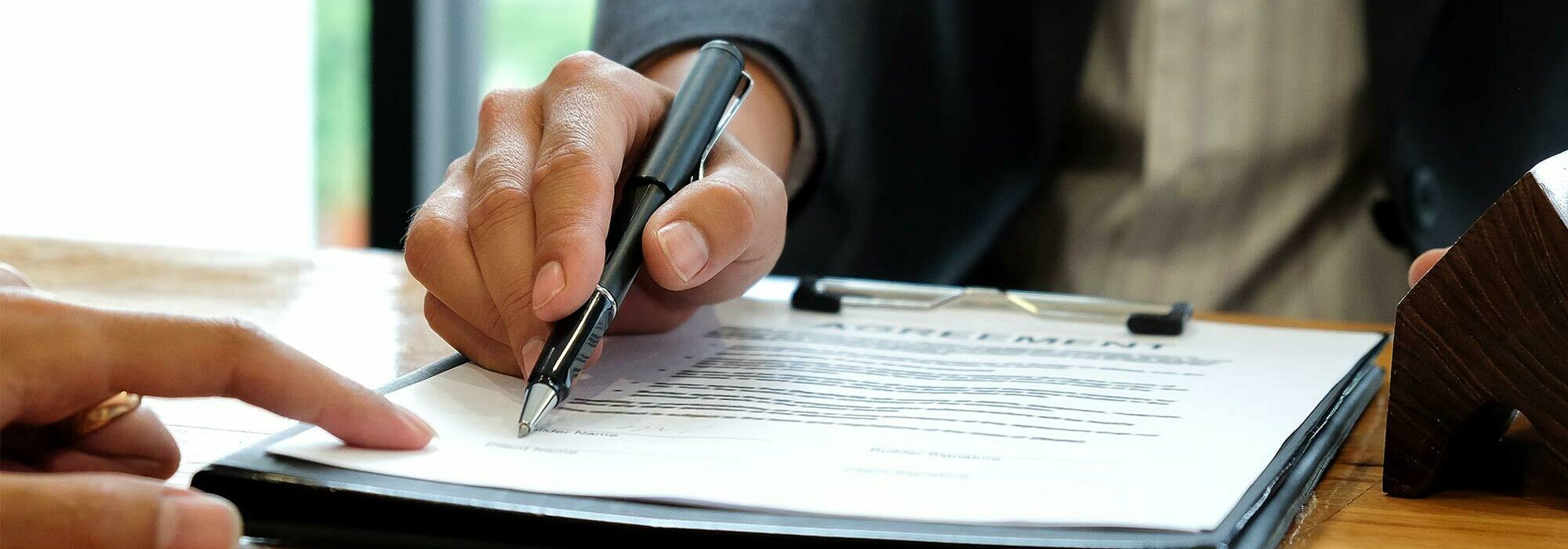Article Excerpt
Buying a home in Texas is much more complicated than buying groceries. Here’s what you need to know about what to expect at your closing.
You’ve found the home of your dreams, you’ve been approved for a mortgage, and you have it under contract. There’s nothing left to do except go to the closing and get the keys – right?
Buying a house is a complicated process. It’s not like buying groceries. Even if you’re paying cash for the property, you have to go through several steps before the house is officially yours. You can expect a fair amount of legal jargon and, if you’re getting a mortgage, a large amount of paperwork.
A great loan officer will fill you in on all the details well before closing day. You should feel comfortable and excited. But in case you want an extra head start, here’s what you need to know before your closing date.
How long will it take?
As the buyer, the length of your closing will depend on how much paperwork you’ll have to sign. Borrowing money to buy the house means more paperwork. Many documents will need to be notarized. You can expect it to take 30 to 45 minutes at minimum.

Photo by Stephen Goldberg on Unsplash
What should I bring to the closing?
Real estate closings in Texas usually take place at a title company office. They will already have almost everything needed for the closing. You should bring the following:
Photo ID, such as a driver’s license or passport;
A cashier’s check or certified check for your share of the closing costs, in an amount that the title company will provide to you in advance;
An attorney to go over the documents with you, if you want, although this is not required; and
Your real estate agent.
What kind of documents will I be signing?
» READ MORE: How to Read Each Section in a Closing Disclosure
The buyer usually has the more difficult job during the closing, at least in the sense that they have more papers to sign. The most important documents you will sign at closing are related to your new mortgage loan:
Promissory note: This document establishes how much the lender is lending you, the total term of the loan, and how much you must pay them each month.
Deed of trust: This document gives the lender a security interest in the property you are buying. A security interest is the right to foreclose on the property if you do not make payments on the loan.

Photo by Cytonn Photography from Pexels
You will also sign other documents, such as:
Settlement statement: This document shows how much money you and the lender are paying and how the title company will disburse it. Some of the money will go to pay the real estate agents’ commissions, some may go to pay off the seller’s mortgage, and some may go to pay various other expenses. The seller will receive a wire transfer or cashier’s check for the remaining balance.
Property tax disclosure: Since Texas homeowners pay property tax once a year, you and the seller must split responsibility for the property tax the year you buy the property. The settlement statement will account for this, and this document will explain it more fully.
Truth-in-lending disclosure: The Truth-in-Lending Act requires mortgage lenders to provide various disclosures at or before closing. This document confirms that you have received those disclosures.
Name affidavit: If you go by different names in different documents, this affidavit clears up any confusion. This is necessary even if the difference is as slight as “John Smith” and “John Q. Smith.”
What closing costs will I have to pay?
You will be responsible for various costs associated with the mortgage loan, such as the down payment on the loan and the loan origination fee. The seller is typically responsible for paying the title insurance premium and the escrow fee. You might be responsible for other costs, like appraisal or survey fees.
How does money get exchanged?
You can bring a cashier’s check or certified check to the closing. Your lender will send the money to the title company by wire transfer. The wire transfer process can take up to 24 hours. The title company acts as the escrow agent for everybody involved. Once they have all of the money from you and the lender, they will disburse it to the seller and various other people.
What is an eClosing?
Real estate closings use a lot of paper, but we are an increasingly paperless society. A variety of software products now enable title companies and others to conduct paperless closings. It has long been possible to sign documents electronically using systems like DocuSign. These new systems handle all of the components of the closing process.
What if I change my mind?
Once you get past your option period, you have a binding contract with the seller to buy their house. If you don’t go, at a minimum you’ll lose the earnest money you deposited with the title company.
What if something else goes wrong?
Sometimes things just go wrong. What happens if the closing can’t happen because of a last-minute crisis?
Mortgage approval falls through: Buyers who are obtaining a mortgage in Texas must sign a Third-Party Financing Addendum that allows them to get out of the contract if they cannot get approved for a mortgage. However, they have to give notice to the seller by a specified date. If financing falls through after that, they will most likely lose their earnest money.
» READ MORE: What You Shouldn’t Do After Mortgage Approval
The property is damaged or destroyed: What if, say, the house catches fire before closing? The standard residential sales contract used in Texas states that the seller must restore the property to its original condition by the closing date. If the seller cannot do that, the buyer may extend the closing date or terminate the contract.
Work with a loan officer who cares
When you’re preparing to buy a home, you need a responsive and knowledgeable loan officer who’s personally invested in the purchase of your home. You should feel comfortable all the way to the end.
Get started on your free pre-approval with our easy questionnaire.




